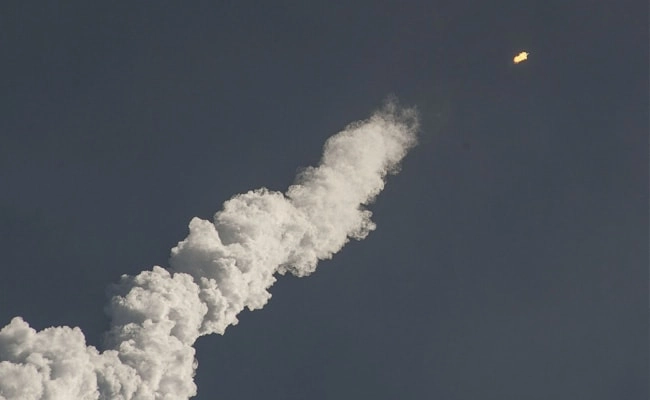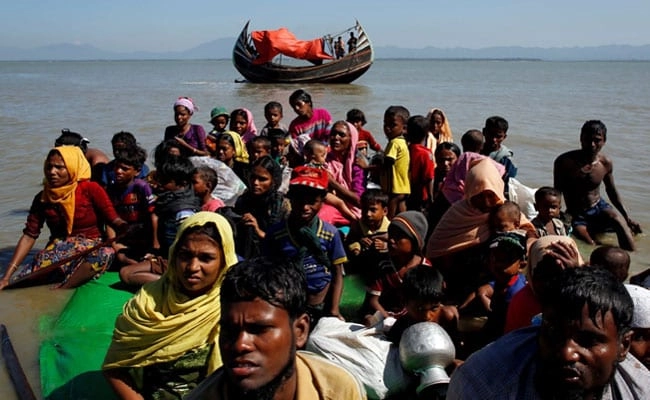Israel has recently confirmed its military operations targeting specific sites in southern Syria, which it describes as “striking military targets.” This development is part of Israel’s ongoing strategy to counter threats from various military groups operating in the region, particularly those linked to Iran and Hezbollah. The Israeli military has stated that these operations are intended to prevent the entrenchment of hostile forces near its northern border, which it views as a significant security concern. The strikes are said to focus on facilities that are believed to be used for weapon storage and military infrastructure, aimed at disrupting the capabilities of these groups.
The backdrop of these operations is the complex geopolitical landscape of Syria, which has been embroiled in a civil war since 2011. Various factions, including the Syrian government, opposition groups, and foreign entities, have contributed to a volatile environment. Israel has often cited the need to act preemptively to safeguard its national security, especially given the increased presence of Iranian forces and their allies in Syria. The Israeli government maintains that it will continue to take decisive action against any perceived threats, emphasizing its commitment to protecting its citizens from potential attacks originating from Syrian territory.
Moreover, Israel’s military actions are often accompanied by a carefully calibrated public relations strategy. The Israeli Defense Forces (IDF) frequently release statements regarding their operations, underscoring their rationale and the need for such interventions. This transparency aims to garner international support and understanding for Israel’s security measures, even as it navigates the complex dynamics of regional politics. Additionally, these strikes have the potential to escalate tensions between Israel and Iran, raising concerns about broader conflict in an already unstable region.
As the situation evolves, the international community watches closely. The responses from Syrian authorities and their allies, including Russia, could significantly impact the future trajectory of the conflict. Furthermore, the ongoing military actions highlight the intricate web of alliances and enmities that define the current state of affairs in the Middle East. Israel’s determination to assert its military capabilities in southern Syria reflects not only its strategic priorities but also the broader challenges of maintaining stability in a region marked by deep-seated rivalries and ongoing conflict.




